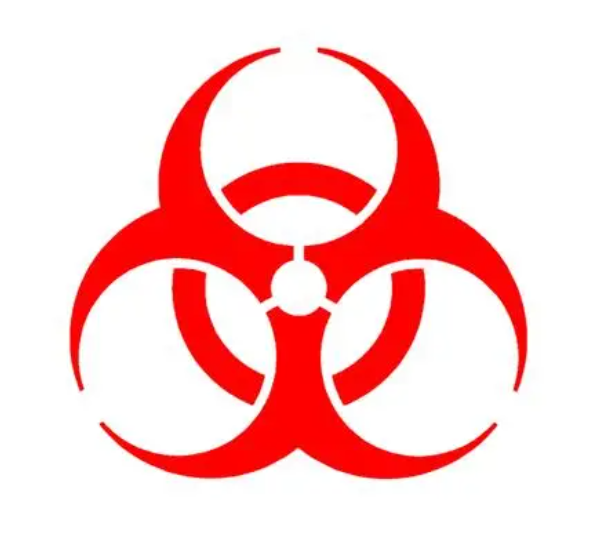



Bioinformation is an information carrier for human understanding and utilization of the biological world, and is a strategic resource that contains enormous military, economic and social values. With the explosive growth of bioinformation, the security problem has become a great concern to the international community, and on October 17, 2020, the 22nd meeting of the Standing Committee of the 13th National People's Congress voted to adopt the Biosafety Law, which will come into force on April 15, 2021. The law emphasizes that "the collection of China's important genetic families, human genetic resources in specific areas or the collection of human genetic resources of the type and quantity specified by the competent department of science and technology under the State Council. The preservation of China's human genetic resources, the use of China's human genetic resources to carry out international scientific research cooperation, the human genetic resources materials transported, mailed, carried out of China, etc., should be approved by the approval of the competent department of science and technology of the State Council."
In recent years, various kinds of hazards caused by biologic factors have been rampant and have penetrated into many levels of science and technology, society, economy and politics, becoming a fundamental issue of peace and development worldwide. Some well-known medical institutions and genetic technology companies have been punished for their international cooperation and scientific research and have been involved in several cases of non-compliance. In addition, the emergence of new and virulent infectious diseases such as SARS, Ebola, H7N9, COIVD-19, etc., not only seriously affect human health, but also have the potential to turn these pathogens into biological weapons with the development of modern biological technology.
Biological risk is a potential "negative effect" of modern biotechnology. When modern biotechnology is combined with commercial interests, transnational capital, and geopolitics, biological risk is not only a scientific and technological issue, but also a social issue, which is already one of the core international security issues. In addition, synthetic biology research involves a large number of highly virulent genetic components from viruses, pathogenic bacteria and fungi, and the number of virulent genetic components and regulatory elements being designed and used has jumped from a few to dozens or hundreds, and even the redesign and editing modification of the entire genome. In the absence of effective control or malicious use, these synthetic organisms may pose a threat to ecological balance, public health safety, and even national defense security.
In June 2019, the State Council promulgated the Regulations of the People's Republic of China on Human Genetic Resources Management on the basis of the experience of the implementation of the Interim Measures on Human Genetic Resources Management, aiming to promote the effective protection and rational use of human genetic resources in China and safeguard public health, national security and social public interests. Also on October 17, 2020, the Twenty-second Meeting of the Standing Committee of the Thirteenth National People's Congress voted to adopt the Biosafety Law, which officially came into force on April 15, 2021. This is a fundamental, comprehensive, systematic and overarching law in the field of biosafety, and its promulgation and implementation play a milestone role, marking a new stage of biosafety governance in China in accordance with the law.
The global, complex, destructive and unpredictable nature of biosafety risk factors, when a large amount of human genetic resources are gathered in research institutions or by a few researchers, the value and impact will be far beyond what was expected at the time of collection, so the intervention and protection of public power becomes a necessary means to maintain national security and public interest. Today's scientific and technological development is the main cause of many new types of threats. We should not set back technological advances just because they are somewhat threatening, instead, we must understand these dangers at a deeper level and control them as effectively as possible to make them serve the people.
Important note: Many businesses in the biopharmaceutical industry may involve customs entry and exit related business, like monoclonal antibody culture media, virus strains, detection reagents, biopharmaceuticals, antibodies and related equipment, etc. All above things need to go through formal customs clearance procedures.